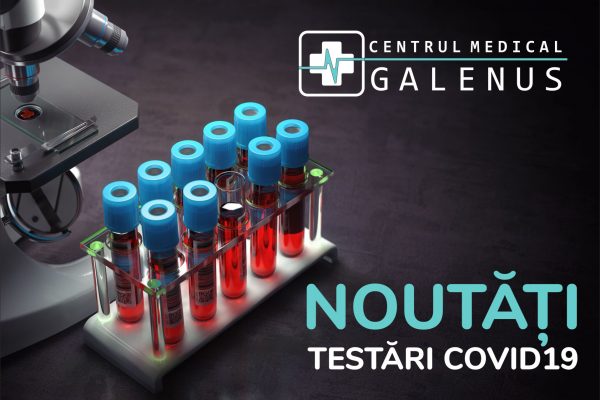
COVID-19 testing at Tg. Mures, through GALENUS Medical Centre
De la 10 testări COVID19 pe zi, la o capacitate de 1000 testări zilnice.
Nevoile pacienților noștri, ne-au determinat să găsim soluții tot mai eficiente și mai bune.
Please note that by scanning the QR code on the analysis bulletin you received, you will have access for a limited period of 7 days to your result through this page.
By this we confirm the authenticity of the result and the test in our clinic.

De la 10 testări COVID19 pe zi, la o capacitate de 1000 testări zilnice.
Nevoile pacienților noștri, ne-au determinat să găsim soluții tot mai eficiente și mai bune.
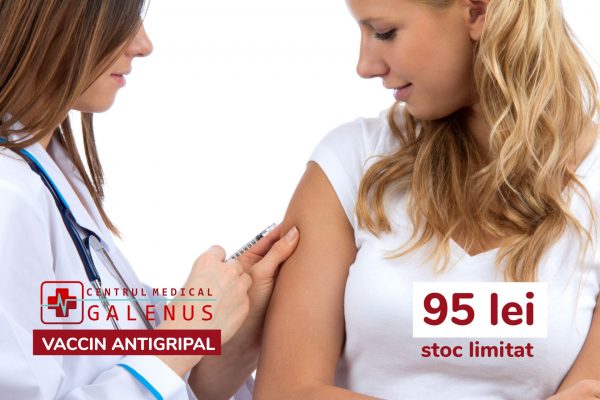
GRIPA este o boală gravă!
Read more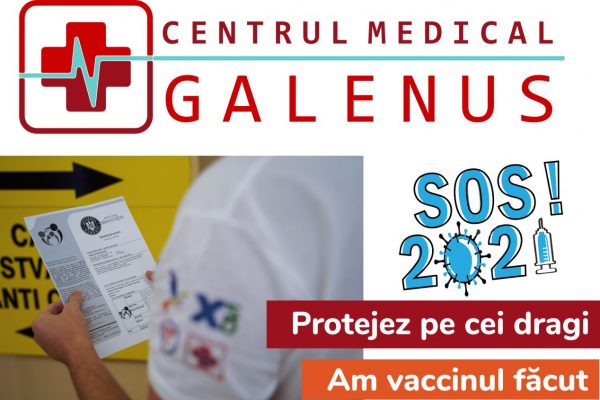
Încep cu o întrebare pentru cititori: Ce au în comun aceste 3 meserii? Pentru a răspunde, voi începe cu un mic context asupra acestei întrebări. Centrul Medical GALENUS este un proiect medical…
Read more
Dorim să vă actualizăm informațiile cu privire la parteneriatele medicale active, abonamentele medicale și asiguratorii ce pot deconta serviciile la Centrul Medical GALENUS.
Read more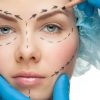
Plastic surgery-reconstructive microsurgery is a medical specialty that deals with the diagnosis and surgical treatment of burns, electrocution, trauma accompanied by destruction of soft parts, traumatized hands (skin lesions, skeletal, tendon, vasculo-nervous), supra tumor , congenital malformations and aesthetic suffering.
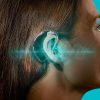
A hearing aid is a device designed to improve hearing by making sound audible to a person with hearing loss. Hearing aids are classified as medical devices in most countries, and regulated by the respective regulations. Small audio amplifiers such as PSAPs or other plain sound reinforcing systems cannot be sold as “hearing aids”.
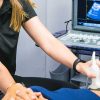
Ultrasound is a result of the development of sonar technology during World War II. A portable device placed in contact with the patient’s skin produces high-frequency ultrasound waves and receives echoes sent by internal organs. An advantage of ultrasound is that it avoids the harmful effects of X-rays. Moreover, the equipment is portable and affordable. A disadvantage, however, is that very clear images are not obtained.

Diabetes, nutrition and metabolic diseases is the medical specialty that deals with the diagnosis and treatment of patients with metabolic disorders.
Diabetes mellitus is a condition characterized by an increase in blood sugar accompanied or not by increased insulin resistance with changes in metabolism: carbohydrate, lipid, protein.
Nutrition studies the energy needs and nutritional principles involved in the normal development of the body, the relationship between food intake and energy consumption and the consequences of excess food or nutritional deficiencies.
Metabolic diseases are characterized by excessive accumulation of certain chemical compounds with neurological, hepatic, cardiac, delayed somatic development.
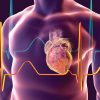
Cardiology is a medical specialty that studies heart and blood vessel diseases. Etymology: gr. cardia: “heart”, logos: “science”. Cardiology includes the diagnosis and treatment of congenital heart disease, ischemic heart disease, heart failure, valvulopathies, arrhythmias and pericardial disease. Doctors specializing in this field of medicine are called cardiologists. Not to be confused with cardiovascular surgeons who perform heart surgery.
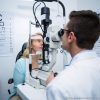
Ophthalmology in the field of medicine and in the care of bolus organolabers, which may include ochulus and the structure of the organoleptic, cum ar fi pleoapele and systemic lacrimar. Visual pathology (optic nerve, central visual) and the cortex are visually represented and dominated by neurology and ophthalmology (“neurophthalmology”).

Internal medicine is the specialty that deals with the diagnosis, treatment and prevention of diseases that affect one or more internal organs. Internal medicine or general medicine (in the Commonwealth nations) is the medical specialty that deals with the prevention, diagnosis and treatment of adult diseases. Doctors specializing in internal medicine are appointed interns or doctors (without modifiers) in the Commonwealth nations. Interns are qualified in the management of patients who have undifferentiated or multi-system disease processes. Interns who are hospitalized and outpatient and can play a major role in teaching and research.
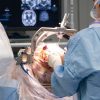
Neurosurgery in the field of surgery and surgical care can be performed on the cerebral nerve, or in the intervention of the nervous system, the nervous system regulates the activity of the organism. Operations of the general government are extremely sensitive and implicit in a number of technical, ecological and sophisticated technologies.

Nutrition
in the case of medical care, alimentele si valoarea nutritiva a acestora, reactiile organismului la ingestia hranei ca si variatia alimentatiei la omul sanatos si bolnav.
Dietetics
represented in the ensemble regulator de igiena alimentara, care asigura mentinerea celei mai bunestari de sanatate.
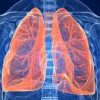
Pulmonology is a branch of medicine that studies the respiratory system (lungs, bronchi, pleura) under normal and pathological conditions. Pulmonology includes the detection, diagnosis, treatment and recovery of patients suffering from respiratory diseases (lung, bronchial, pleural and mediastinal diseases), through non-surgical means. Another branch of medicine deals with the surgical treatment of the respiratory system – thoracic surgery, which includes the diagnosis and operative treatment of tracheobronchopulmonary diseases, of the mediastinum, pericardium, esophagus, diaphragm and of the thoracic wall and pleura. Pneumophthisiology is a branch of medicine that includes pneumology and phthisiology. Physiology deals with the specific microbiological research of the Koch bacillus, with the epidemiology, diagnostic methods, treatment and prophylaxis of tuberculosis, especially of pulmonary tuberculosis.
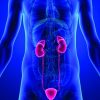
Urology is specialized in medical-surgical care and is performed in the field of urinary tract and reproductive system. Organs and structures anatomically aflatin in the domain of urological sunt rinichii, glandele suprarenale, uretere, urinary tract, urethra, cât and organele reproductive masculine: testicule, epididim, vasele deferente, vesiculele seminale, prostate and penis.
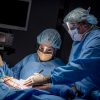
Surgery is a speciality in surgical care that can be diagnosed and treated in general and in general (digestive and organic organs) and in the field of localization. There is a difference in seminary practice in the treatment of pathology by a surgical surgeon after the extremity of the function of the medical surgeon. Pathological surgical care is addressable to the medical surgeon after the original trauma, the vasculature of the varicella membrane inferior, urogenital, thoracic, endocrine, neurosurgical, oncologic, etc.
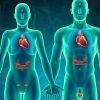
Endocrinology (from the endocrine + ology suffix) is a branch of biology and medicine that deals with the endocrine system, its diseases and its specific secretions known as hormones. It is also concerned with the integration of developmental events such as proliferation, growth and differentiation, as well as psychological or behavioral activities of metabolism, growth and development, tissue function, sleep, digestion, respiration, excretion, mood, stress, lactation, movement, reproduction and sensory perception caused by hormones. Specializations include behavioral endocrinology and comparative endocrinology.
The endocrine system consists of several glands, all in different parts of the body, that secrete hormones directly into the bloodstream, rather than in a duct system. Therefore, the endocrine glands are considered glands without ducts. Hormones have many different functions and modes of action; a hormone can have several effects on different target organs, and conversely, a target organ can be affected by more than one hormone.
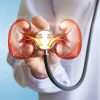
Nephrology (from Greek nephros “kidney”, combined with the suffix -logy, “the study of”) is a specialty of adult internal medicine and pediatric medicine that concerns the study of the kidneys, specifically normal kidney function (renal physiology) and kidney disease (renal pathophysiology), the preservation of kidney health, and the treatment of kidney disease, from diet and medication to renal replacement therapy (dialysis and kidney transplantation).
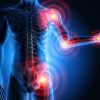
Rheumatology is a branch of internal medicine, which deals with the detection, diagnosis, treatment and recovery of patients with non-surgical diseases of the musculoskeletal system. These conditions are usually painful, acute or often chronic, which impede the proper functioning of the musculoskeletal system and are generally called rheumatism or rheumatic and musculoskeletal diseases.
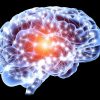
Neurology is a special branch of medicine that deals with the diagnosis and treatment of organic diseases that affect the central or peripheral nervous system. The organic structures related to the field of neurology are – on the one hand – the brain, spinal cord (represents the central nervous system), the surrounding structures, as well as the blood vessels that feed them, – on the other hand – cranial nerves, nerve roots and spinal ganglia. , peripheral nerves, after leaving the spinal canal, including connections with skeletal muscles (represents the peripheral nervous system). The term “Neurology” was introduced by the English anatomist Thomas Willis.
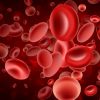
Hematology is the branch of internal medicine that deals with the blood, the organs that produce it and its diseases. Hematology includes the study of the etiology, diagnosis, treatment, identification of possible complications and prophylaxis of blood diseases. The laboratory doctor is the one who performs all the tests necessary to study the blood.
At Galenus we want to develop a medical ecosystem, which brings the patient close to doctors, in a safe and modern setting. This ecosystem is focused around the patient, through increased attention to their needs, but also to doctors who add value to the medical act.
